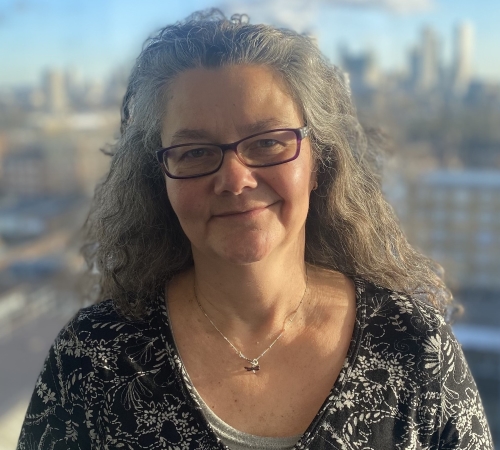Research Chairs and Senior Research Fellowships 2024-25
Bone is a remarkable living tissue: it protects our vital organs and enables us to stand and move. Our bones constantly self-repair and self-regulate – and when bones fail, the social and economic impacts are huge.
Modern orthopaedics is a highly multidisciplinary field, built on restoring function by achieving the best compromise between the biological and engineering needs of bone. Recent medical advances have highlighted how each patient’s individual physiology can affect their treatment, triggering development of personalised medicine based healthcare solutions.
Professor Karin Hing will work with Baxter to develop traditional and tissue engineering-based strategies for personalised orthobiologic medicine. Where orthobiologic medicine (or orthopaedic regenerative medicine) is the use of synthetic biomaterials, and or organic biomolecules, in medical treatments designed to work synergistically with the bodies native musculoskeletal biological processes, to either relieve symptoms of an orthopaedic condition, or to enhance, and or accelerate the tissue regeneration process. This will be centred around tuneable biomaterials that can be tailored to produce devices for different clinical applications. Core to this will be the development of robust multipurpose human cell-based tissue bioreactor systems to guide and accelerate biomaterial or therapeutic development, for safety and efficacy validation, and to enable the preloading of biomaterial scaffolds with a patient’s own cells, to efficiently translate regenerative tissue engineering research into a medical setting.

Related content
View all programmesSupport for research
The Academy runs a number of grants to support excellent researchers carry out engineering activities and to enable clo…
Research Chairs and Senior Research Fellowships
This scheme aims to strengthen the links between industry and academia, supporting academics in UK universities to unde…
